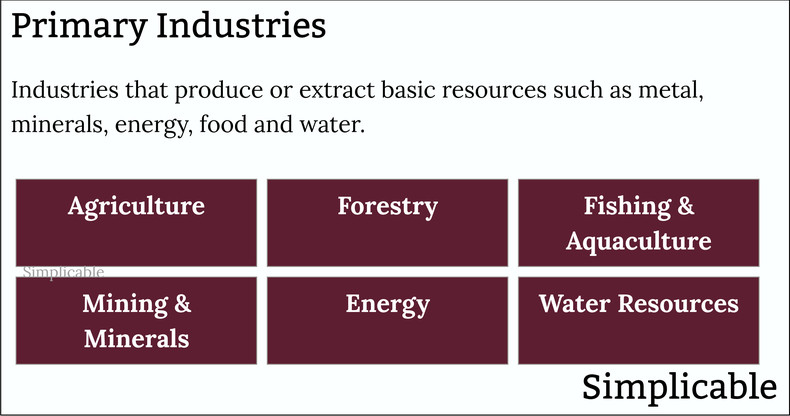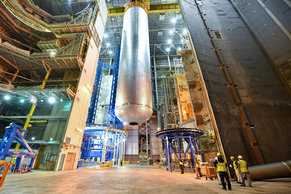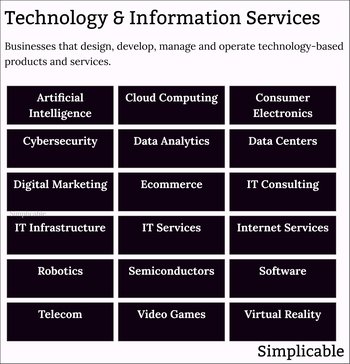
Administrative Services | Advertising |
Aerospace | Agriculture |
Airlines | Amusement & Recreation |
Banking | Business Services |
Chemicals | Construction |
Consumer Discretionary | Consumer Services |
Consumer Staples | Creative Industries (e.g. Music) |
Cultural Industries | Education |
Energy | Entertainment |
Environment | Fashion |
Fishing | Food Manufacturing |
Forestry | Healthcare |
Heavy Industry | Hotels |
Industrial Manufacturing | Information Technology |
Infrastructure | Insurance |
Life Sciences | Logistics |
Marketing Services | Materials |
Media | Mining |
Professional Services | Publishing |
Real Estate | Restaurants |
Retail | Science & Technology |
Social Services | Space |
Sports & Leisure | Telecom |
Textiles | Tourism |
Transportation | Utilities |
Waste Management | Water |
Wholesale |
Financial Industry
Businesses and institutions that provide services for managing, investing and transferring financial resources.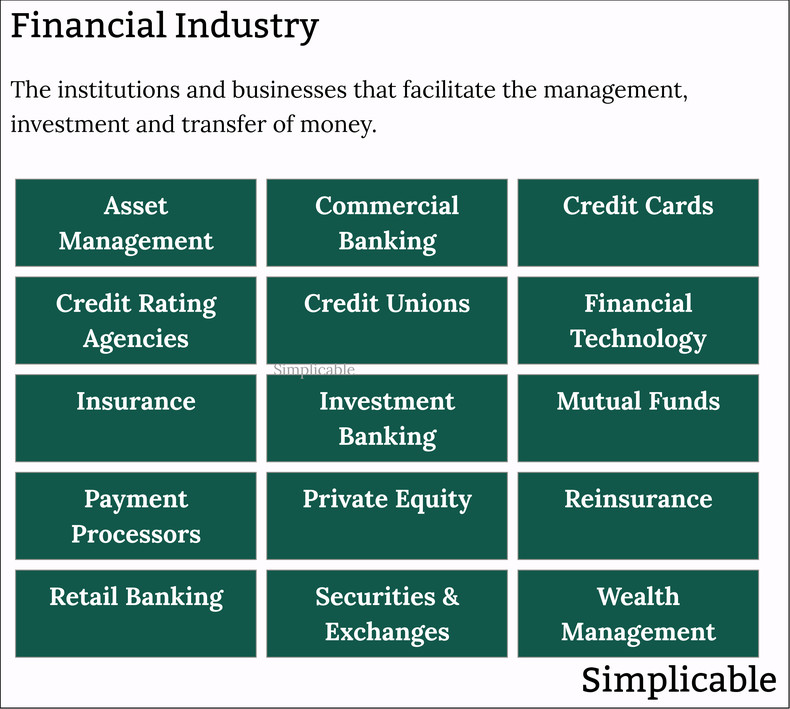
Hospitality & Tourism
Businesses that host guests including major industries such as hotels, restaurants and airlines.
Technology
Technology industries including both information technology such as cloud platforms and physical technologies such as scientific instruments.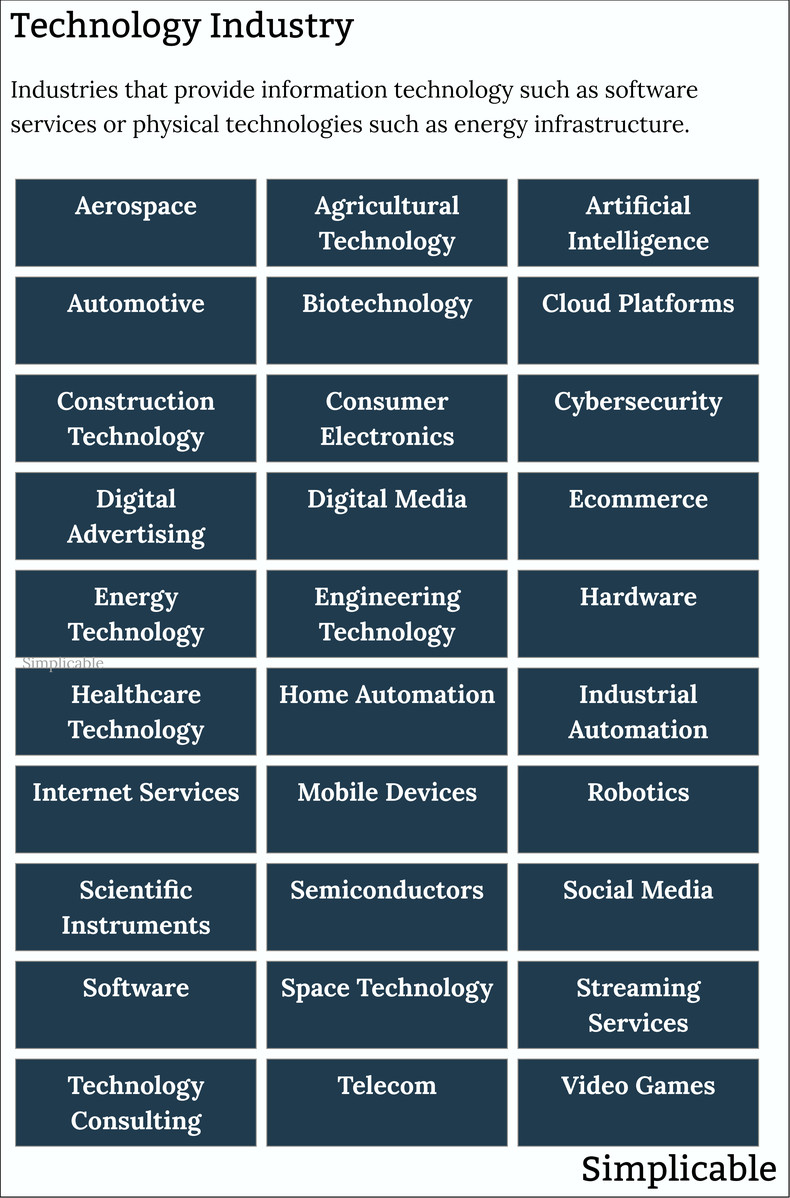
Entertainment Industries
Industries that produce products and services that are entertaining, compelling or engaging.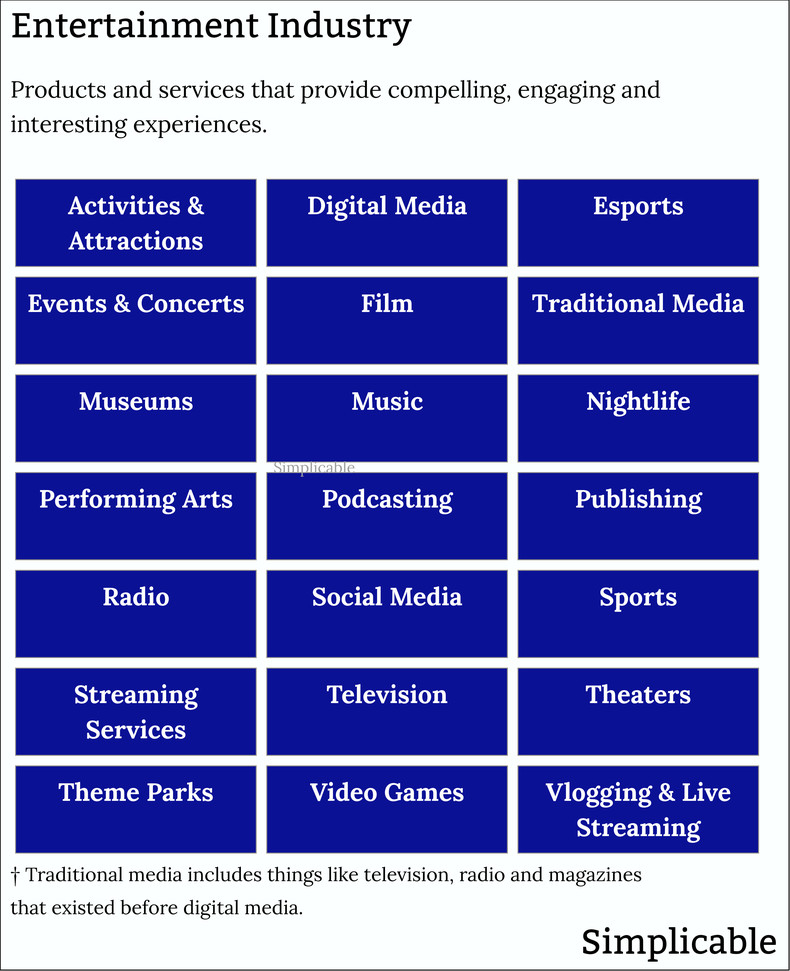
Media
Businesses and individual creators who produce value using communication mediums such as a book or video sharing platform.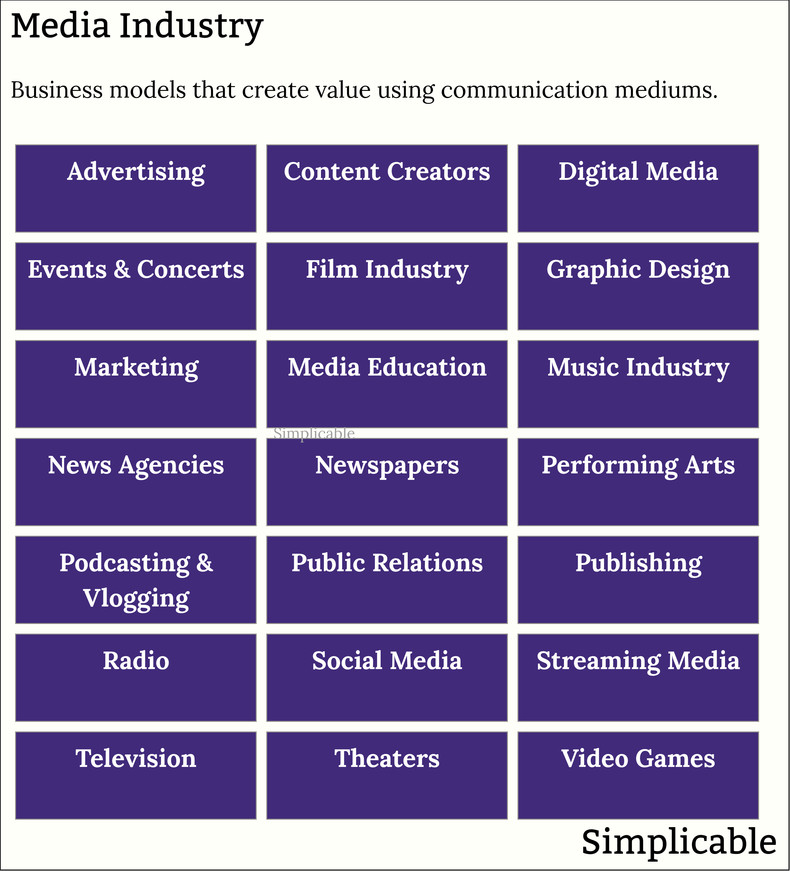
Cultural Industries
Businesses that deliver cultural or creative products, services and experiences.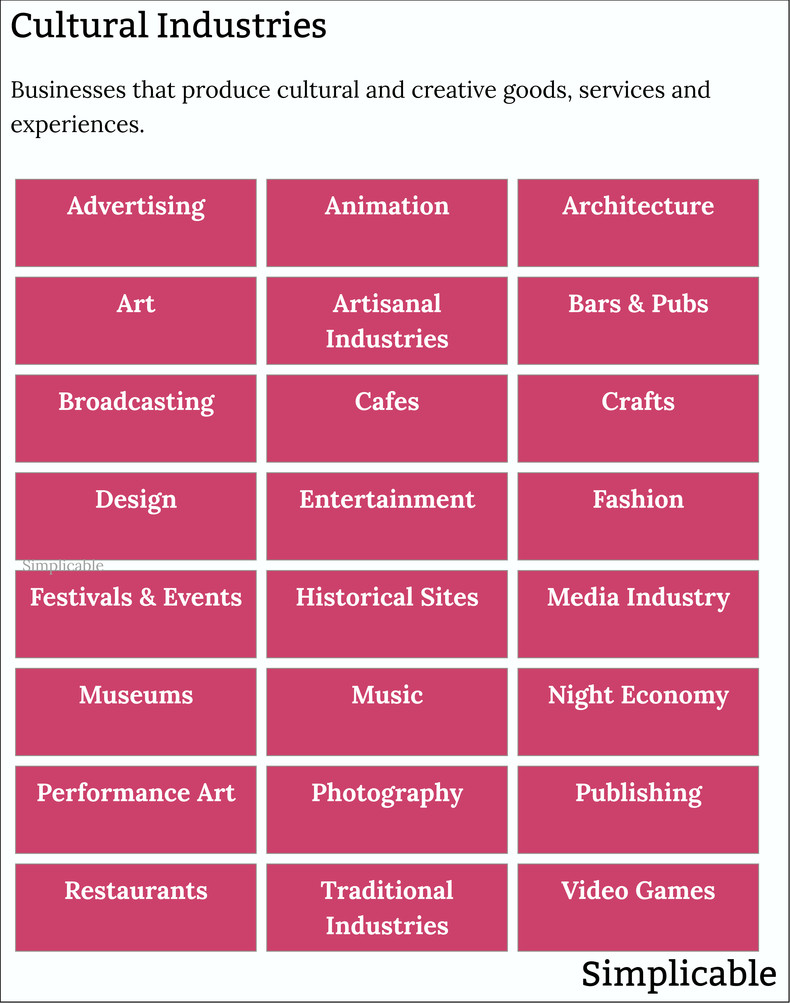
Retail
Businesses that sell to the end-customer including ecommerce and physical shops.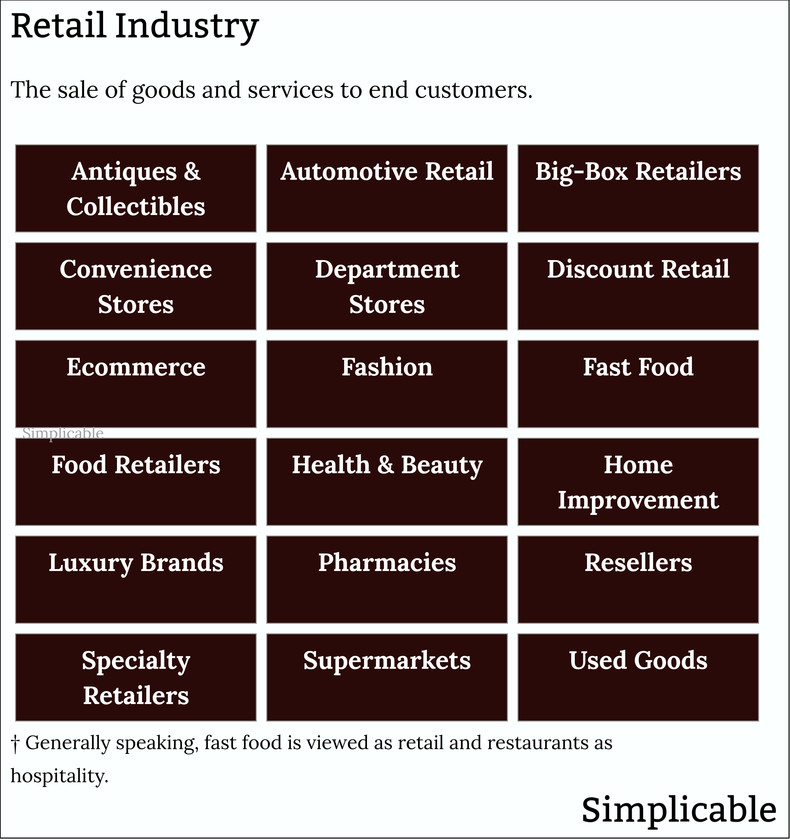
Healthcare Industries
The public agencies, institutions and firms that provide healthcare services. What is provided by public agencies differs by nation.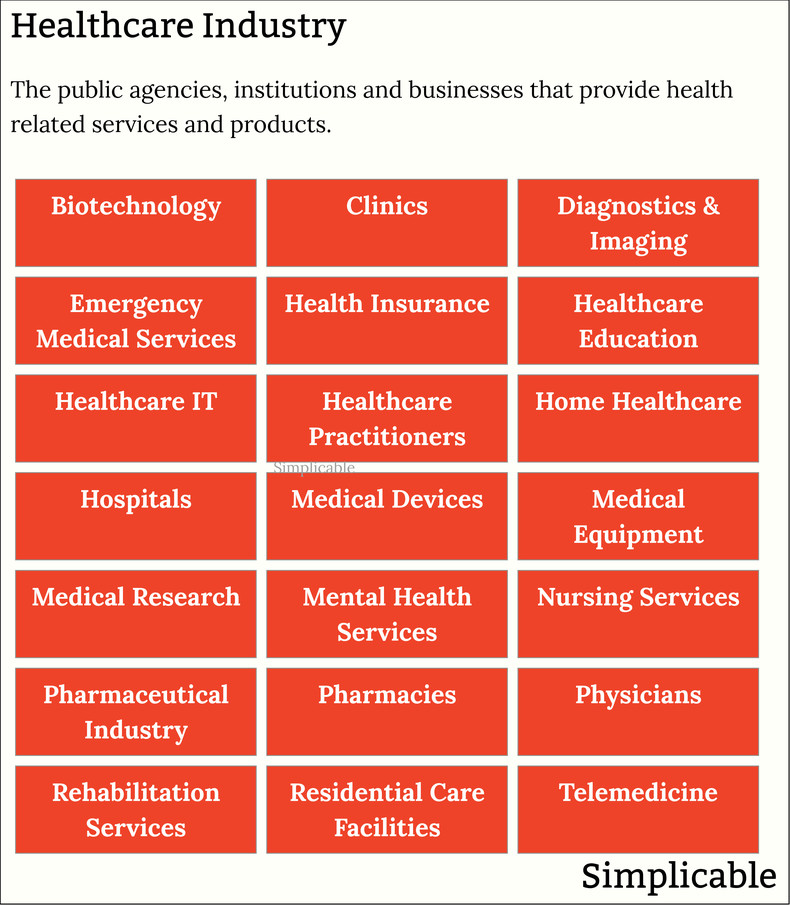
Heavy Industries
Industries that construct or produce things that are literally heavy such as bridges or industrial equipment.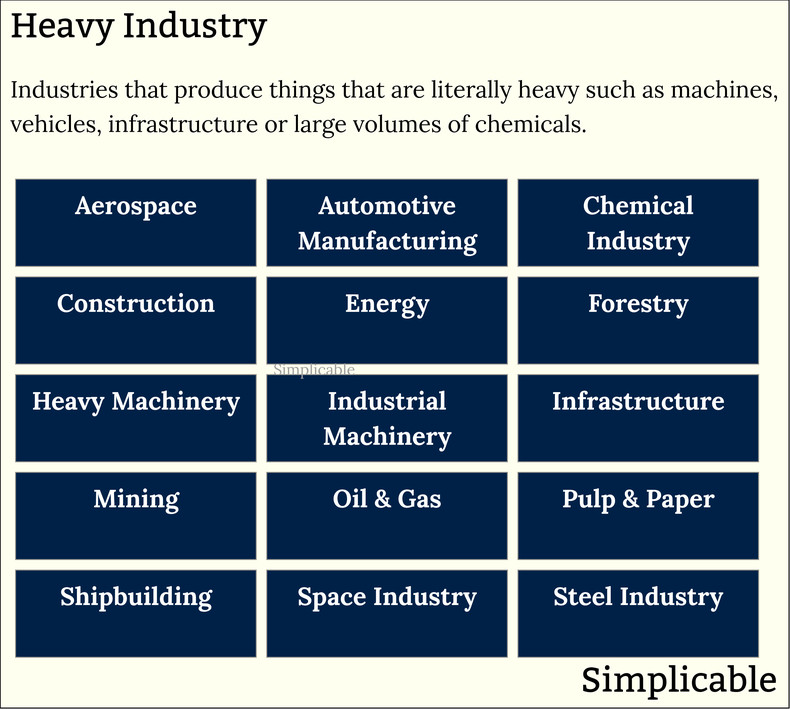
Primary Industries
The production or extraction of resources such as minerals, metals, energy, food and water.